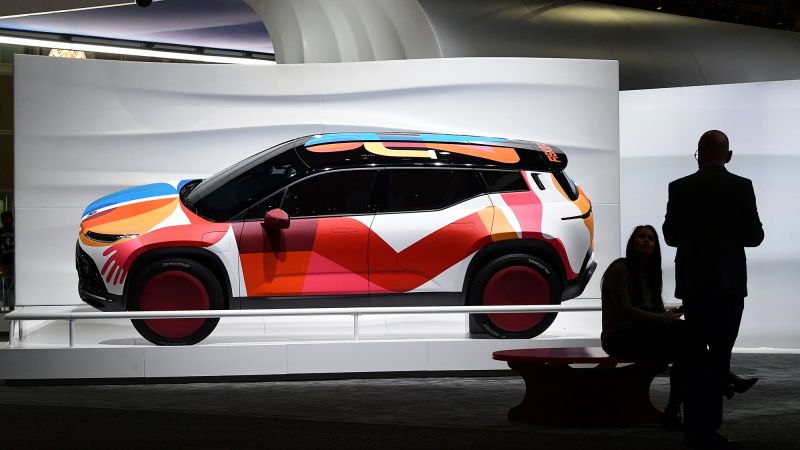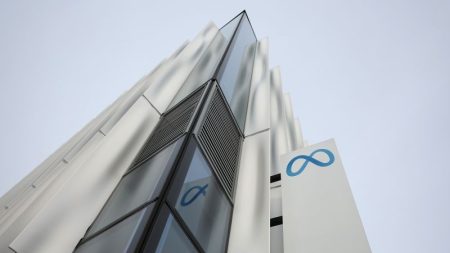Fisker, an electric vehicle startup based in California, recently had its shares halted after warning in an earnings report that it might not have enough cash to survive the year. The company’s shares, which traded for as much as $28 in February 2021, are now trading for less than 10 cents per share, reducing its market capitalization to less than $50 million. Talks with a major automaker, rumored to be Nissan, have reportedly fallen apart without a deal, reflecting the challenges faced by the electric vehicle industry.
Founded by auto designer Henrik Fisker in 2016, Fisker’s only product is the Fisker Ocean electric SUV, manufactured under contract by Magna Steyr in Austria. However, production and delivery have faced challenges, with only half of the 10,000 produced SUVs being delivered to customers. Henrik Fisker had chosen to outsource manufacturing to Magna Steyr to reduce risks and investment in their own manufacturing facilities, similar to other well-known automakers like Mercedes, BMW, and Jaguar.
Fisker had also planned to produce a small, affordable EV called the Pear in collaboration with Foxconn, known for manufacturing Apple’s iPhones. Despite discussions to produce the Pear at a Foxconn-owned facility in Ohio, the plans did not come to fruition. Adding to the company’s challenges, the Ocean received negative reviews from YouTube personality Marques Brownlee, who described it as the “worst car” he had reviewed. Consumer Reports also criticized the Ocean’s ride quality and software, although they praised its cargo space, rear legroom, and large glass moonroof.
In an interview with Automotive News, Henrik Fisker acknowledged quality issues with the Ocean, attributing them to software problems from various suppliers that did not work well together. He stated that the issues were being addressed through software updates. However, competition in the electric SUV market has intensified, with established automakers like Hyundai, Kia, Ford, and General Motors offering similar electric SUV models without the risks associated with dealing with a startup like Fisker. This competition poses additional challenges for Fisker within the evolving EV industry.
Overall, Fisker’s financial difficulties, failed partnership talks, and negative reviews of the Ocean highlight the obstacles faced by the company in the competitive electric vehicle market. The decision to outsource manufacturing, plans for a more affordable EV, and challenges with software quality all contribute to the company’s struggles. As the electric vehicle industry continues to grow and evolve, Fisker must address these issues to remain competitive and potentially regain investor confidence in the future.














